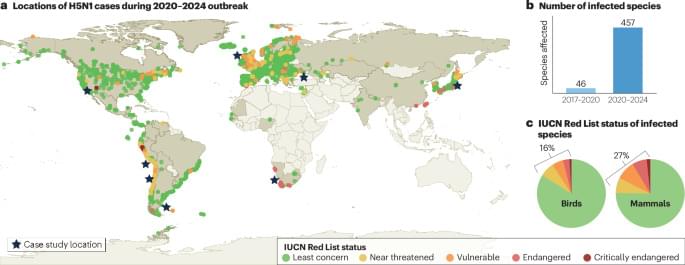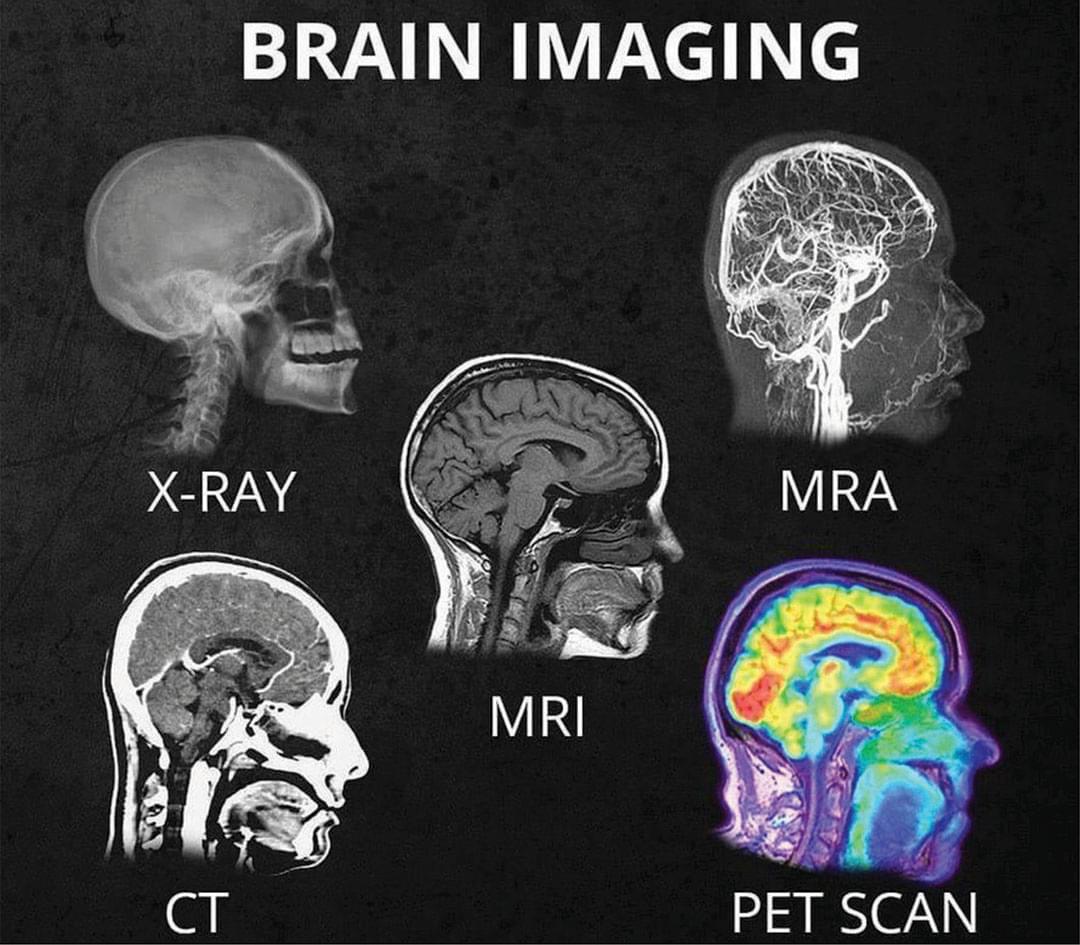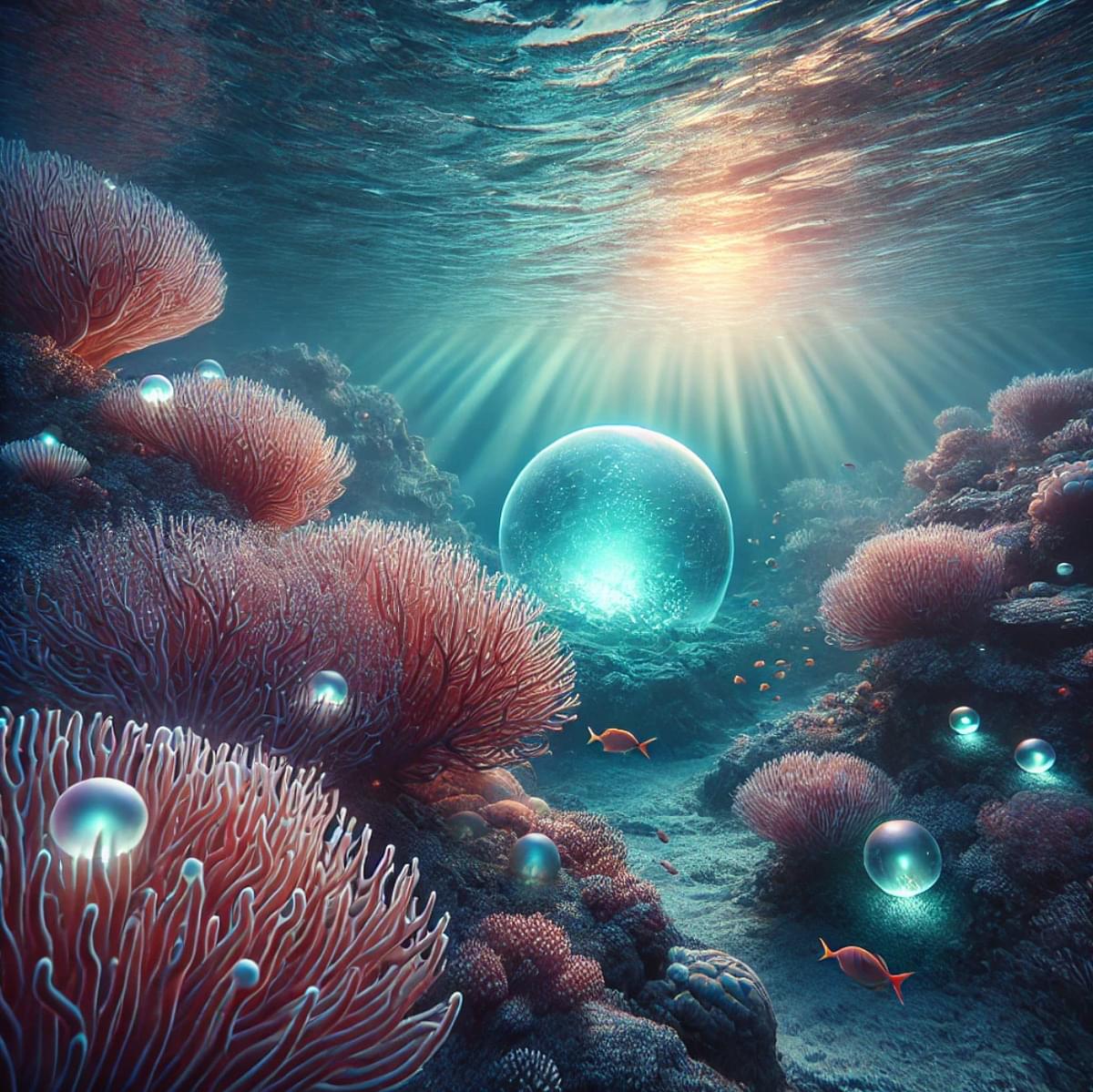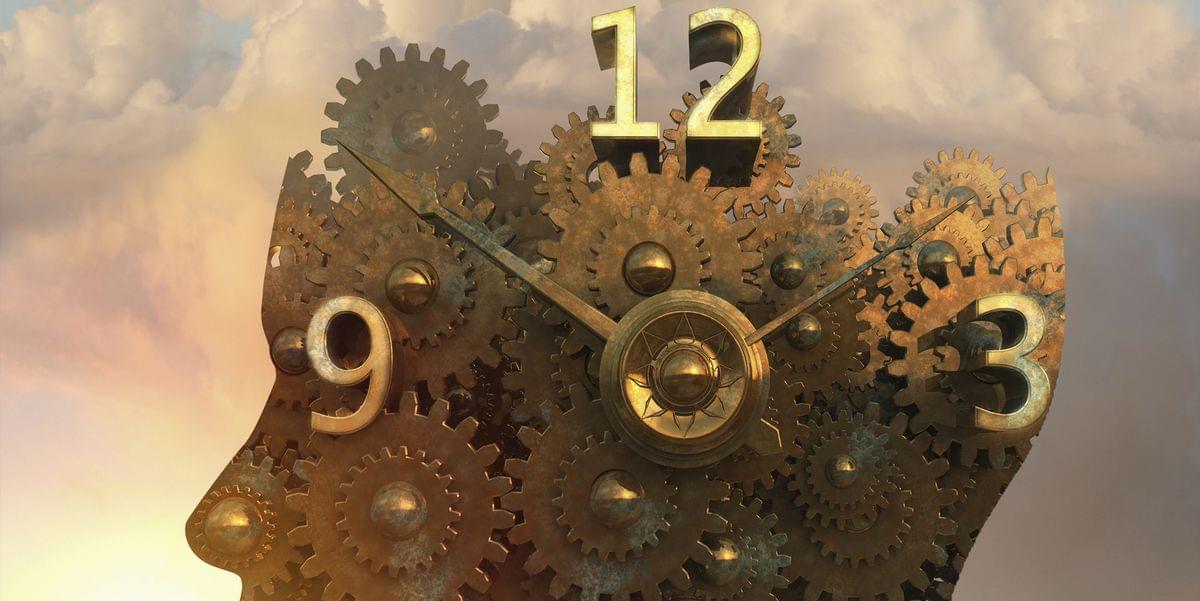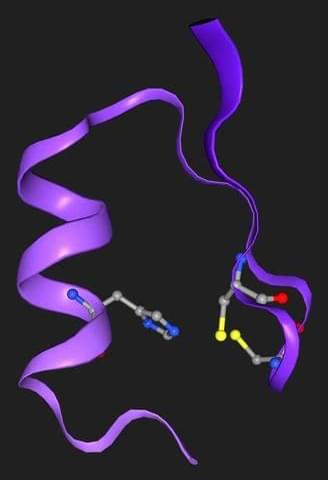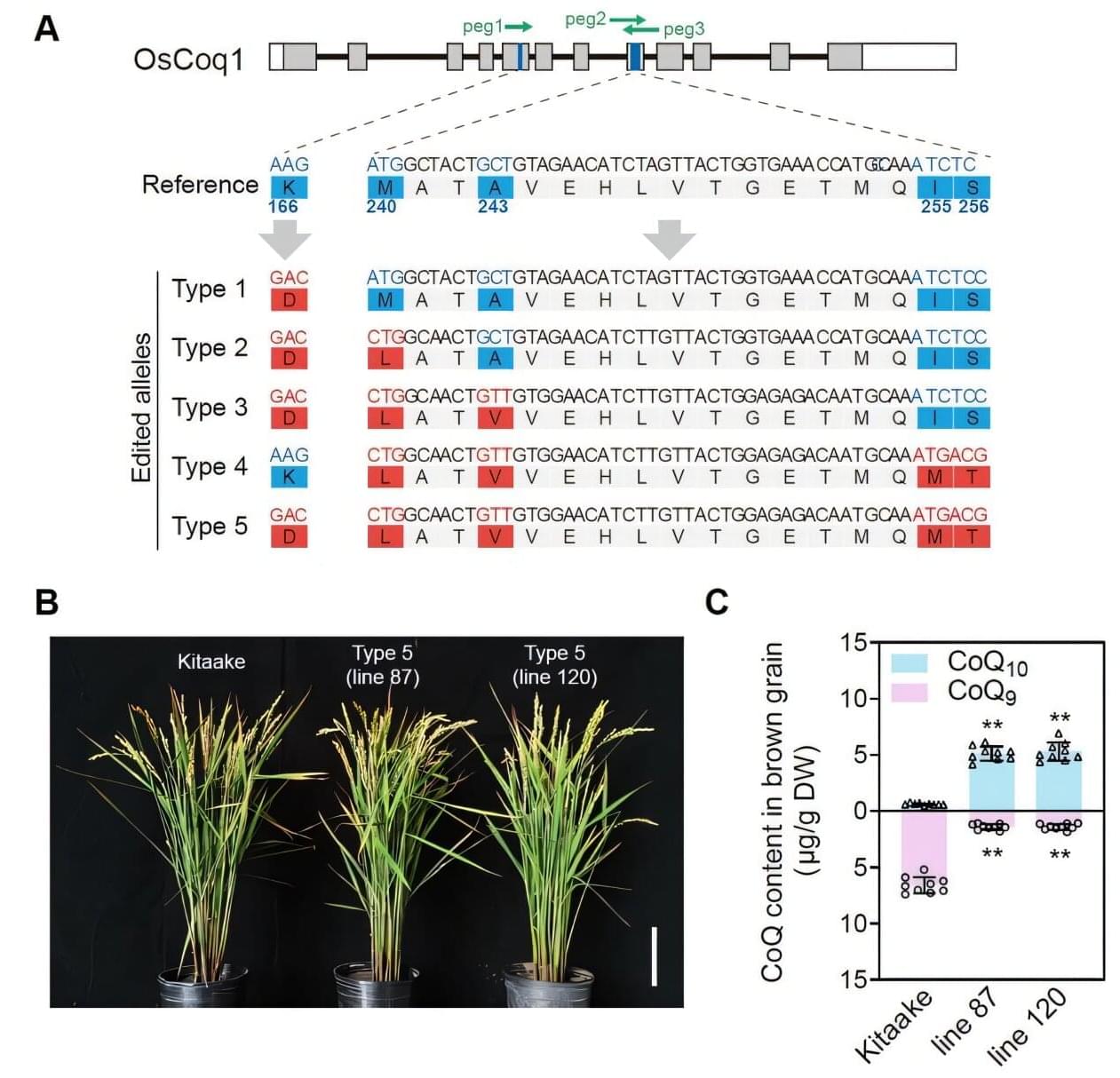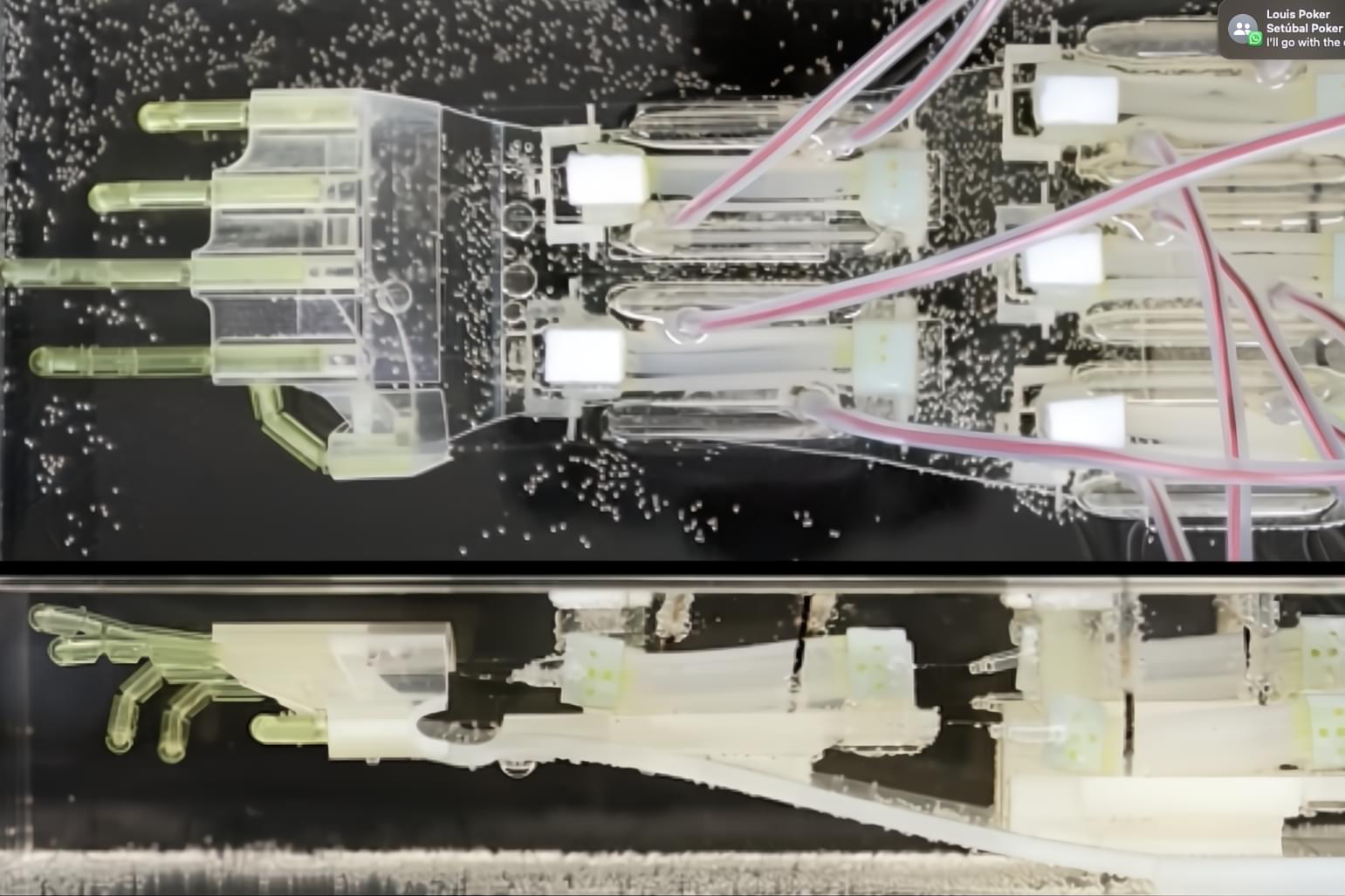Read “” by Sebastian Schepis on Medium.
Imagine a world where thoughts aren’t confined to the brain, but instantly shared across a vast network of neurons, transcending the limits of space and time. This isn’t science fiction, but a possibility hinted at by one of the most puzzling aspects of quantum physics: entanglement.
Quantum entanglement, famously dubbed spooky action at a distance by Einstein, describes a phenomenon where two or more particles become intrinsically linked. They share a quantum state, no matter how far apart they are. Change one entangled particle, and its partner instantly reacts, even across vast distances.
This property, which troubled Einstein, has been repeatedly confirmed through experiments, notably by physicist John Clauser and his colleagues, who received the 2022 Nobel Prize in Physics for their groundbreaking work on quantum entanglement.
